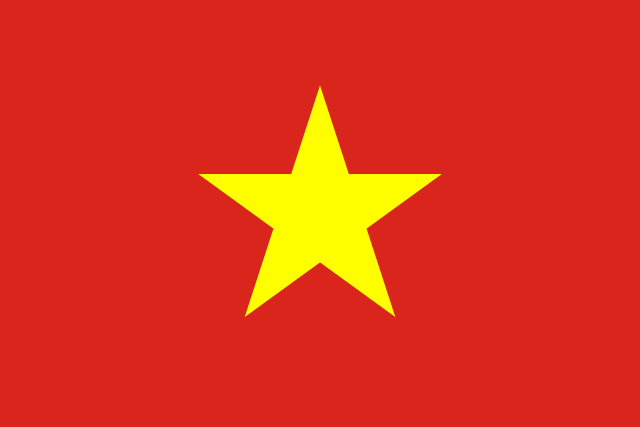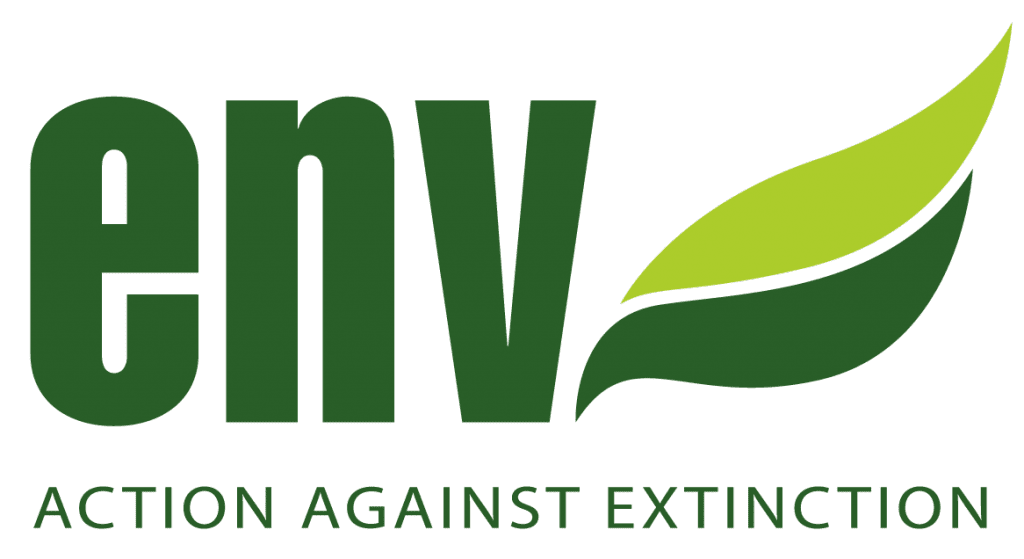Pangolins are highly valued for their scales and meat, making them the most trafficked mammal in the world. Pangolin scales are used in traditional medicine, believed to improve lactation for mothers of newborn children. The huge demand for their scales has almost wiped out all 8 species of pangolin, driving up the price of these endangered animals and making their expensive meat a luxury meal for the rich. While there is high demand in Vietnam, the majority of trafficked pangolins are destined for China after passing through Vietnam’s borders.
Vietnam is home to two species of pangolin, the Chinese pangolin (Manis pentadactyla) and the Sunda pangolin (Manis javanica). There are 6 other species of pangolins found in Asia and Africa. Pangolins are the only scaly mammals in the world, covered in hard scales made of keratin that protect them from predators. Pangolins can extend their tongues as far as 40cm to eat ants and termites.
The two species native to Vietnam are fully protected under Vietnam’s wildlife protection laws, Decree 64 (2019) and Decree 06 (2019), and banned from international commercial trade by CITES (the Convention on International Trade in Endangered Species). It is illegal to hunt, trap, keep, kill, transport, sell or advertise pangolins or pangolin products in Vietnam. All 8 pangolin species are protected from international trade by CITES.
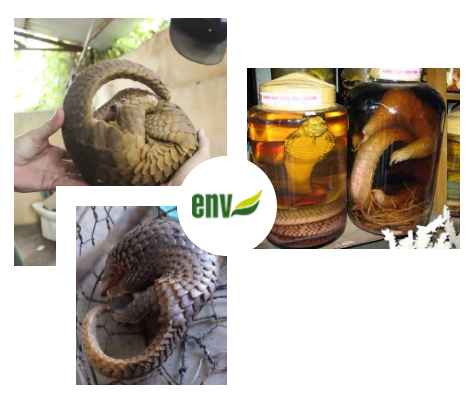
In Vietnam, pangolins are commonly consumed at restaurants as specialty dishes or their bodies are placed in jars of wine. Their scales are highly prized for use in traditional medicine.
While the demand for pangolin meat and scales is a growing problem in Vietnam, the majority of traded pangolins are being smuggled to China.
Live pangolins are hunted in Vietnam’s forests or smuggled from Cambodia and Laos through the borders of central provinces like Ha Tinh. Frozen meat and pangolin scales are often trafficked by sea, increasingly arriving from Africa as Asian pangolin populations continuously decline. Hai Phong is a major seaport in Vietnam where pangolins are often smuggled into the country before being transported north to the Chinese border by road.
Most live pangolins are destined for Chinese markets, though some find their way to restaurants or traditional medicine shops in Hanoi, Ho Chi Minh City, and other major cities in Vietnam.
In 2019 alone, ENV recorded 124 pangolin violations which resulted in over 23,700 kg of scales and pangolins confiscated by authorities. Nearly 17,000 kg of those pangolin scales were found and seized in Hai Phong, a majority of which were in containers originating from Nigeria.
Strengthening law enforcement
Since 2005, ENV has sought to strengthen law enforcement by working closely with officers and members of the public to combat wildlife crime.
Many cases involving pangolins have been reported by the public through the ENV National Wildlife Crime Hotline 1-800-1522.
In 2013, ENV began major campaigns in Ho Chi Minh City and Hanoi targeting restaurants, traditional medicine shops, bars, and other businesses advertising and selling wildlife such as pangolins. These campaigns lasted until 2015 and resulted in an overall 58% reduction in consumer crime in the both cities. A few districts even saw as much as 77% reduction in wildlife consumer crime.
In 2015, ENV launched a campaign targeting traditional medicine (TCM) shops in 16 cities with the aim to convince proprietors to voluntarily remove pangolin scales from their premises.
Today, ENV continues to target new areas and cities to progressively reduce crimes involving pangolins. ENV investigators continue to piece together a better picture of the criminal networks that are actively engaged in the sourcing, smuggling, and trade of pangolins in and through Vietnam.
Promoting sound policy and decision making
Recently, major efforts have begun to ensure that pangolin cases are handled by provincial governments in accordance with the law and recognizing pangolins as fully protected. ENV’s efforts include prohibiting the practice of auctioning off confiscated pangolins by authorities and ensuring that smugglers and traders are criminally prosecuted for pangolin related crimes.
In 2019, ENV recorded the highest punishment ever for pangolin crime in Vietnam. The Supreme People’s Court in Quang Ninh province sentenced Pham Ba Kim (35) to 13 years in prison for illegally possessing 145 pangolins, 7 kg pangolin scales, and 71.4 kg elephant skin. A comprehensive list of pangolin crimes and criminals from 2019 can be found in the first 2020 Wildlife Crime Bulletin.
Reducing consumer demand for pangolins
In order to see long term reduction in the trade of pangolins and pangolin products, ENV recognizes the need to educate the public and influence consumer behavior. Since early 2014, ENV has been conducting crucial demand reduction activities targeting potential consumers of pangolins and pangolin products.
While many provinces in Vietnam have taken great strides to become bile bear-free in recent years, Hanoi (and especially Hanoi’s Phuc Tho district) remains the biggest bear bile farming hotspot in the country. Hanoi’s Phuc Tho district holds more than 40% of Vietnam’s total captive bile bears and 90% of Hanoi’s bile bears.
To eliminate this illegal industry happening right in the nation’s capital, ENV focuses many efforts on educating students in Phuc Tho and reaching out to residents to call for decisive action from authorities and bear owners to end this outdated and cruel practice.
In 2019, students from 910 schools across the country submitted at total of 97,184 letters urging bear owners to end their cruel and illegal business and transfer their bears to rescue centers.
At the conclusion of the contest, a total of 11 winners were awarded prizes for their efforts (seven individual prizes, two creative prizes, and two group prizes). Winning entries ranged from a letter written from the perspective of a bear longing for its freedom, an ex-bear owner persuading a colleague to quit farming bears, to illustrated poems, letters from the future, and a personal plea to a bear-owning father. These winning entries were selected from a shortlist of 100 entries by a panel of judges comprised of an established writer, a literature teacher, and ENV senior staff members. The Letter Writing Challenge and its ceremony were hosted as part of a broader partnership by the End Bear Farming Coalition comprised of World Animal Protection, Four Paws, and ENV to expedite an end to bear farming in Vietnam.
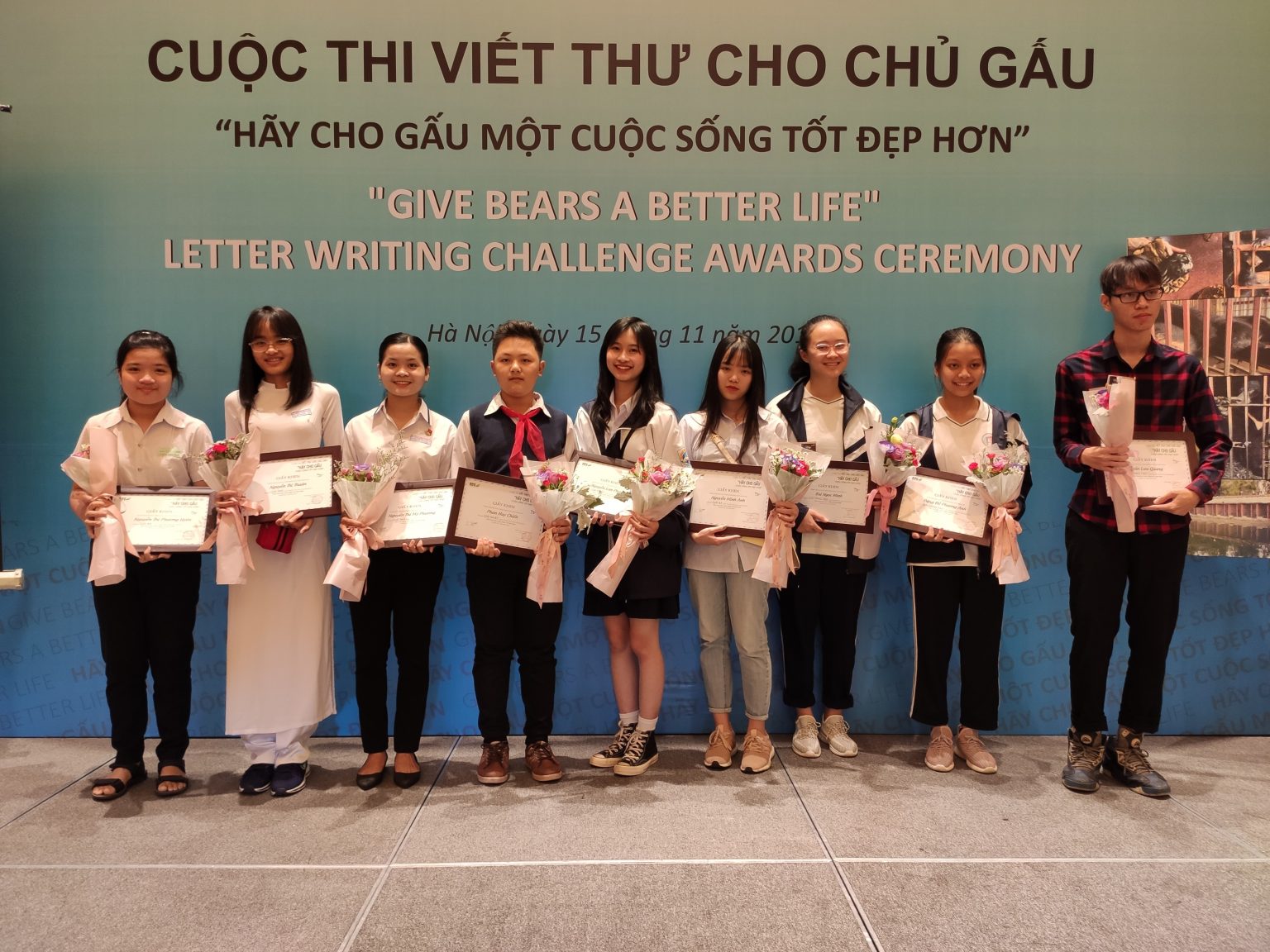
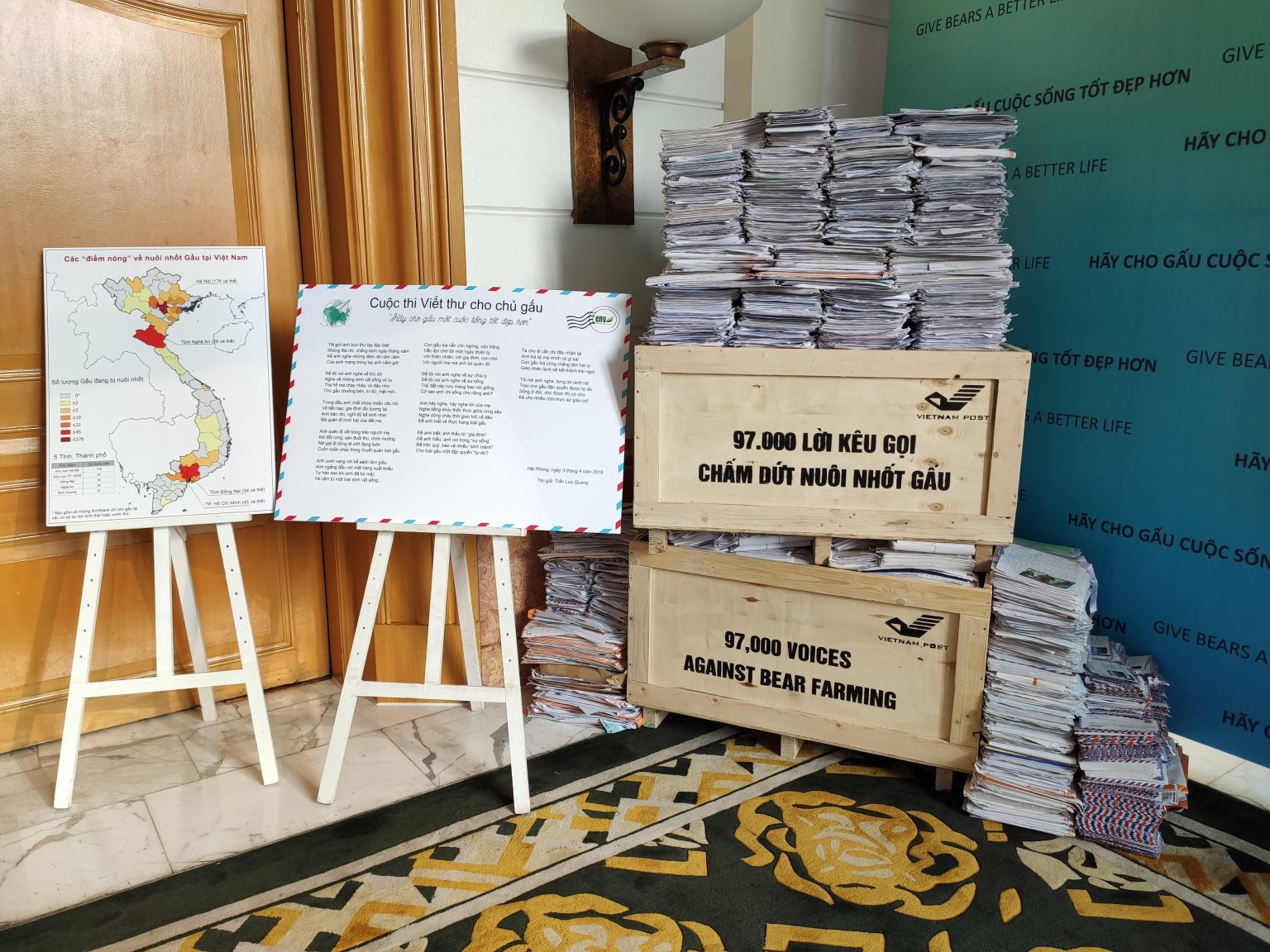
Up to 60 TV stations across Vietnam air ENV’s Public Service Announcements (PSAs) to millions of viewers every year. Additionally, news websites, buses, and trains in Vietnam also broadcast selected ENV PSAs to members of the public to reduce demand for bear bile and push for an end to Vietnamese bear bile farms.
In December 2017, more than 800 runners from 43 countries came together in Hanoi to raise awareness for bear farming in Vietnam. The event was hosted by ENV, Red River Runners and Sporting Republic, and teams of runners included representatives from the European Union Delegation in Vietnam, American, British and French embassies, as well as the famous writer Trang Ha and popular VTV television host Mai Trang.
How You Can Help
You can help accelerate the end to bear farming in Vietnam by supporting these on-the-ground efforts that are crucial for protecting bears from exploitation. As a small NGO, our work to protect wildlife is sustained by donors like you who want to help make a lasting impact on the protection of wildlife and our Earth.
